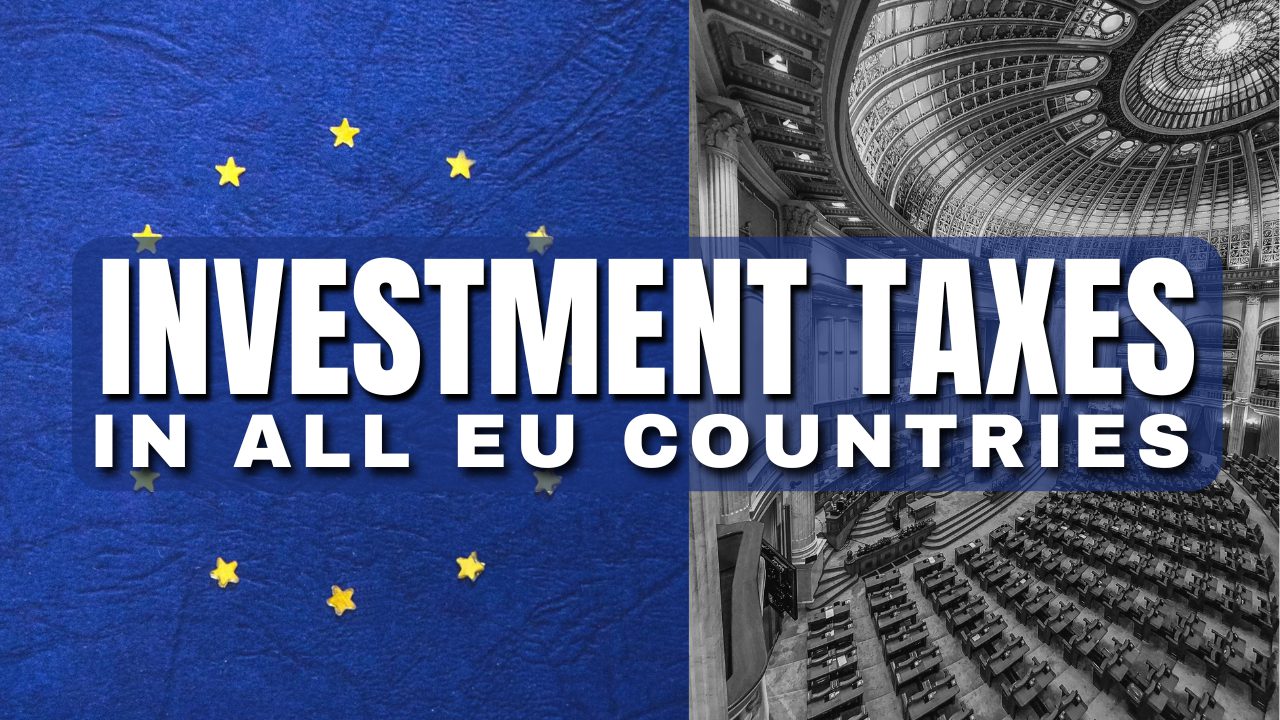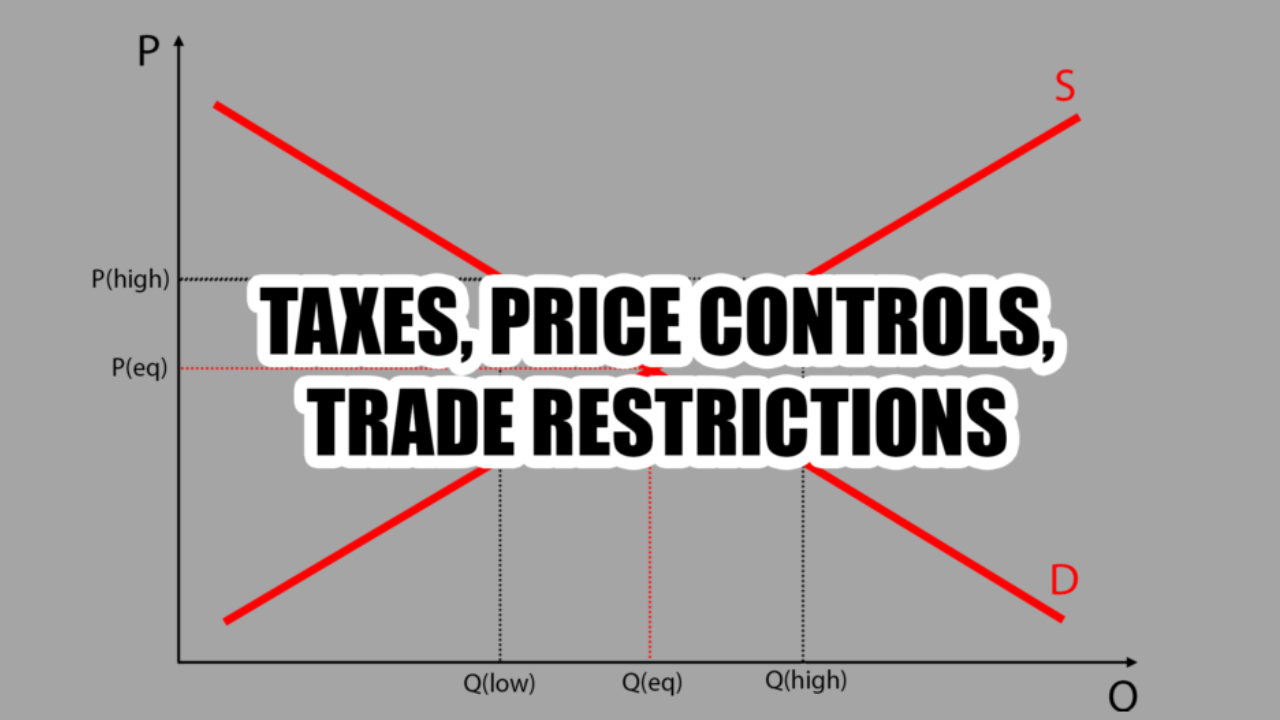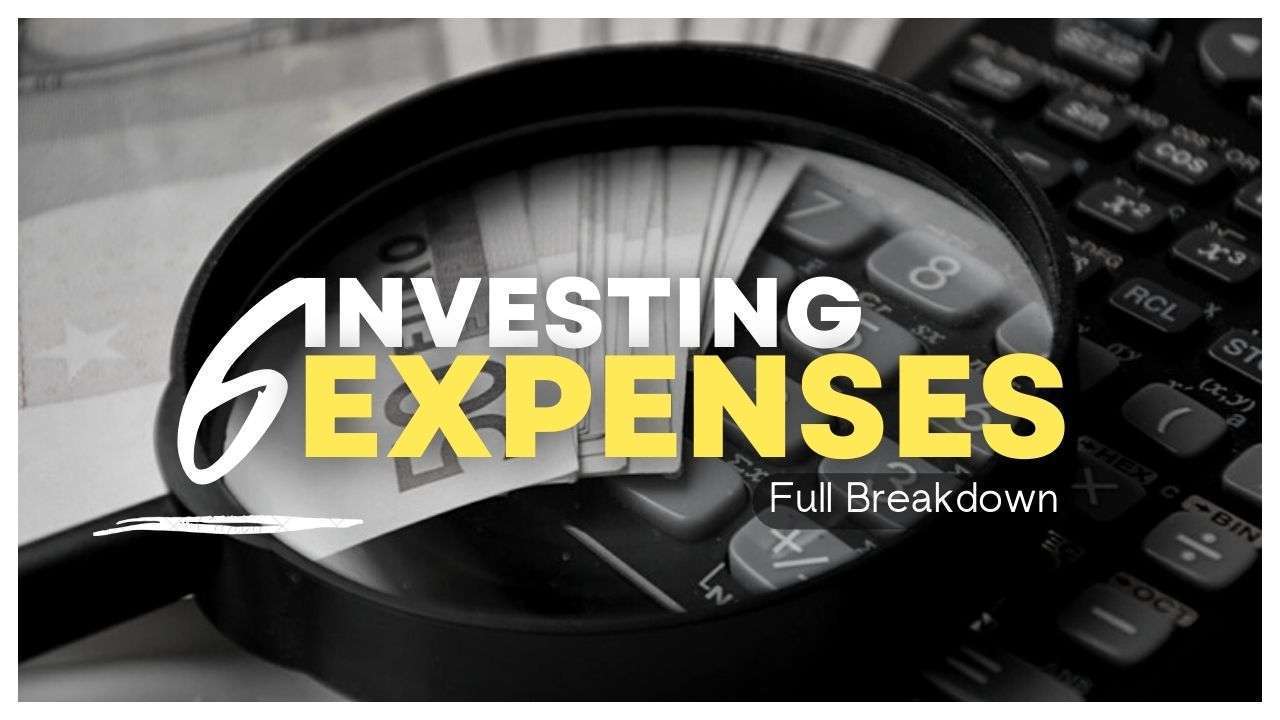
Recently I published multiple posts about different types of taxes and their treatment per country.
People with similar interests reached out and we’ve had extremely insightful discussions. But I also received questions from beginners that motivated me to write a more general introduction.
This post assumes that the reader has absolutely no previous knowledge about taxes.
Income Tax
Income tax is a tax you pay on the money you earn.
Your gross salary is your pre-tax salary and your net salary is your post-tax salary.
If you earn money through traditional employment, the taxes are withheld by your employer and paid on your behalf. In other words, you’re getting your net income.
If you earn money on the side, you’re being paid an amount on which you need to pay income tax yourself. In other words, that’s your gross income.
For an introductory post, we can define income tax as the full taxable portion of the money you earn, so we don’t get stuck on terminology mismatches. As such, income taxes fund a variety of things (social security contributions, health insurance, etc.), but these vary per country.
The income tax rates around the world range from 0% to almost 60%.
It’s usually higher in “the west”. For example, the income tax is 0% in Kuwait and United Arab Emirates, 20% in Estonia and Georgia, and above 50% in Denmark and Sweden.
A Google search for “tax calculator [country]” should provide results for other countries. Here’s an example for income tax calculator for the Netherlands.
In most countries, interest income is also taxed as regular income. So if your savings account generates $1,000 per year and the income tax rate is 25%, your net earnings will be $750 ($1,000 – $250).
Capital Gains Tax
Capital gains tax is the tax on the gains realized from an asset that appreciated in value.
Since the post is “for dummies”, realizing gains means selling something for profit, appreciation means an increase in price.
For example, if you bought Bitcoin at $10k and sold it at $11k, you’d have realized $1,000. The tax you’ll need to pay for the fiscal year will be a percentage of this profit. So if the rate was 15%, you’d need to pay $150 in capital gains taxes.
Some countries lower or completely remove the tax liability for long-term positions. The implementations are plentiful and vary significantly per country and also case by case.
Depending on where you live, it can be either the easiest thing to do (e.g. 0% with nothing to report) or pretty complex (e.g. progressive taxes, special treatment of certain assets, deductions, etc.). If it’s the latter, you might familiarize yourself with the accounting methods used to have a general idea of what to expect. For example, if you bought an asset 5 years ago and sold it today, it’s easy to calculate the difference and the tax due. But if you were accumulating on monthly basis and after 20 years you start selling, there are different rules for determining the cost base. These include FIFO (first in, first out) or average buying price.
Usually realized losses can be (partially) deducted from the taxes you owe. In other words: capital losses are tax deductible.
If you’re interested, here are the capital gains taxes in all EU countries.
Dividend Tax
Dividend tax is the tax on dividend income.
In most cases it’s paid similar to income taxes – companies withhold the taxes due and shareholders receive the net dividends.
For example, let’s say you own $100k worth of stock paying 5% dividend. You’re technically receiving $5k per year. If the dividend tax rate is 10%, $500 will be withheld and sent to the tax authorities, so you’ll actually receive $4.5k.
As with other taxes, dividend taxes vary so much per country so it’s difficult to generalize globally. For example, in Spain it’s between 19% and 23%, in Finland it’s 30%, and in USA it’s between 10% and 37%.
It’s trickier if you invest in companies outside of your country of residence. Then, the tax will be withheld in the country from which the company pays out the dividends, you’ll receive them and will have to or not have to pay tax in your country, based on the dividend tax system and an existence of a tax treaty between the two countries.
A tax treaty is a deal between two countries set in place in order to avoid double taxation. For example, if a resident of Country #1 receives dividends from a company from Country #2 and there is a treaty between the two, he won’t owe anything to Country #1 – the tax was already paid in Country #2.
There can be other layers of complexity regarding dividend taxes. So in most cases, especially for long-term investors in the “accumulation phase”, I usually recommend accumulating ETFs or simply holding Bitcoin.
I cover the dividend taxes in all EU countries in this post.
Wealth Tax
Wealth tax is tax based on a person’s total portfolio value, regardless of performance.
It’s implemented as a percentage of the total amount. Some countries tax both savings and investments, some only investments, and some limit it to a specific asset class (like France and Portugal where only real estate in in scope).
Basically, it’s tax on the net-worth exceeding a certain level.
For example, let’s say a country has a threshold of $100k and taxes individuals on their wealth above that limit at a rate of 0.5%. So, if you had a million dollars under this fictitious jurisdiction you’d pay 0.5% tax on $900k, which is $4,500.
I already mentioned that the net-worth is what’s taxed, but for extra clarity: the liabilities are deducted from the tax base. So, to enrich our example, if you have a million in assets (cash + investments + real estate), but have an outstanding mortgage amount of $400k, your “net-wealth” is $600k. So, you have $500k excess of the non-taxable threshold and would pay 0.5% on that, amounting to $2,500.
What’s unique about the wealth tax is that, unlike other taxes, it’s levied on amounts which were already taxed, whether by income taxes, capital gains taxes, or wealth tax itself in the previous years.
For a specific implementation, you can see more details in my post about wealth tax in the Netherlands.
If you want an overview of how it’s implemented across Europe, check wealth taxes in all EU countries.
Exit Tax
An exit tax is a tax imposed when a resident leaves a country.
As with the other cases, it varies significantly per country and usually ranges from 0% to the capital gains rate.
In most countries that impose it, it’s implemented as a tax on unrealized gains. In other words: it works under the assumption that you’ve sold all your investments at the moment you left the country. Interestingly, exit taxes are more common in the most developed countries.
I briefly cover the exit taxes across Europe in the post all investment taxes in all EU countries.
Progressive Tax
Progressive taxation is not a special type of tax, but a way all taxes can be implemented.
Basically, the rate increases with the amount that will be taxed. The higher the income/gains/dividends/wealth, the higher the tax rate for that range.
For example, let’s say you earn an income of €100k in The Netherlands. The first €20k will be taxed at 36,5%, the amount between €20k and €68k will be taxed at 38%, and the amount above €68k will be taxed at 52% (I rounded to nearest thousand for the salaries and to 0.5% for the tax rates). The term for these sections is tax brackets.
Note that a higher amount doesn’t mean that you’ll pay a higher rate overall. But a higher rate on the amounts within that bracket. So entering a higher tax bracket (i.e. earning more) won’t make you worse off.
Progressive rates are common for different types of taxes in many countries.
Other Taxes & Afterword
If you’re accumulating wealth, the topic of taxes will be a recurring and potentially frustrating part of your life.
Keep in mind that this is by no means an exhaustive list of all taxes, but a summary of the ones I think are crucial for any intelligent adult. But depending on your situation, there may be other taxes applicable: property taxes, municipal taxes, road taxes, value-added tax/sales tax, corporate taxes, estate tax, import tax, gift tax, inheritance tax, waste tax, motor vehicle tax, dog tax, tourist tax, land tax, transfer tax, betting/gambling/lottery tax, etc., etc., etc. Basically, taxes on everything.
Hope you have a clearer idea about what taxes are and how they work. If you found some value in this post, I’d appreciate a share.
Until next time!
 Husband & Father
Husband & Father  Software Engineer
Software Engineer 















